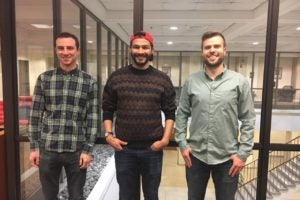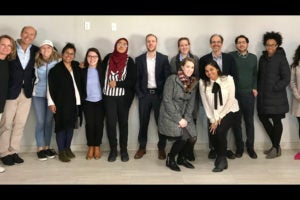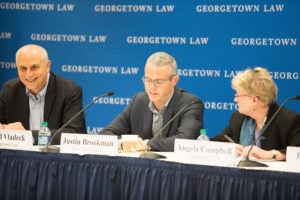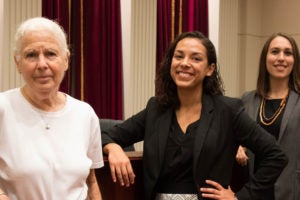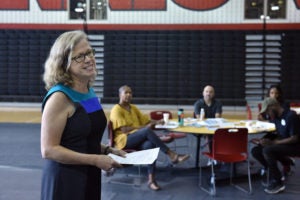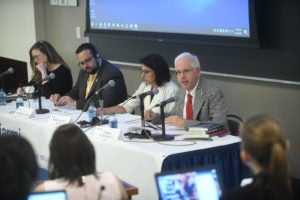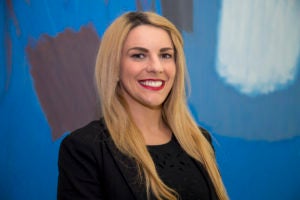
Jenadee Nanini (L’17, LL.M.’18): Lending a Voice to the Voiceless
March 25, 2019 Civil Rights & Antidiscrimination Clinics Impacting Change Our Alumni Public Interest & Community ServiceAs a child in rural Montana, Jenadee Nanini (L’17, LL.M.’18) knew at an early age that her parents had hearts for those in need.
